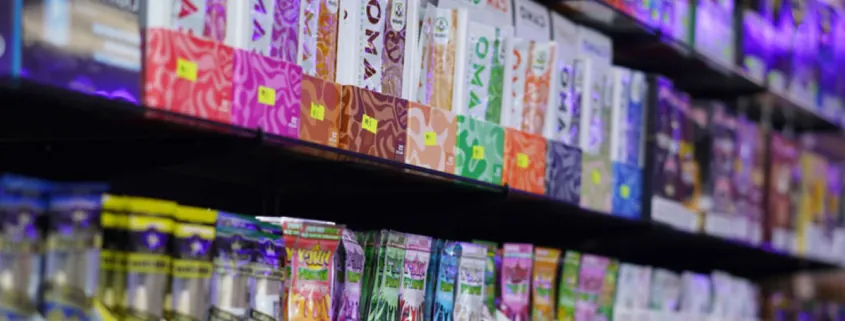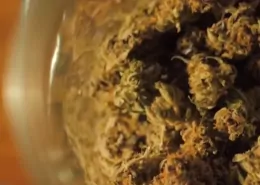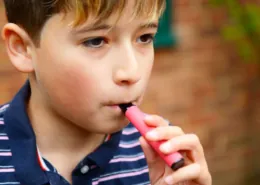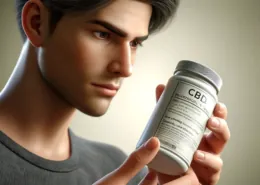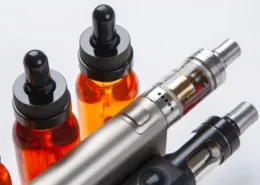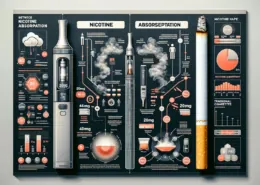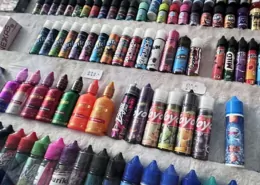What You Should Know About Risks of Delta-8 and Other Vape Shop Drugs
Gas stations, vape shops, online retailers, and other stores across the country sell an array of enticing products, from gummies and chocolate bars to chips, often containing substances like delta-8 THC, micro- and macrodoses of “psychedelics,” and “nootropics.” These products frequently exploit legal loopholes, raising concerns about potential health risks and lack of oversight in their production. In the absence of federal regulations, many states have taken it upon themselves to ban or attempt to ban delta-8 THC.
The Legal Ambiguity Surrounding These Substances
Drug laws often target specific substances, leaving federal and state regulators struggling to keep up with the latest chemical concoctions. The 2018 Farm Bill, which classified hemp products and their derived cannabinoids as distinct from marijuana, paved the way for the rapid rise in popularity of delta-8 THC. Despite its slight chemical difference from the psychoactive delta-9 compound found in marijuana, delta-8 can still induce a high.
Robert Mikos, a marijuana policy and law expert at Vanderbilt University, notes that delta-8 remains in a legally ambiguous area, with restrictions varying from state to state. The ease with which cannabinoids can be modified into new but similar versions of drugs further complicates regulation efforts. “Government enforcement is always one step behind what the chemists can come up with,” Mikos explains.
The Risks of Unregulated Products
The presence of a product on a store shelf does not necessarily guarantee its safety. Lack of oversight in manufacturing processes and inconsistent labeling requirements make it difficult to determine the exact contents of a particular product. The U.S. Food and Drug Administration’s recent investigation into illnesses caused by recalled Diamond Shruumz products, which contained unlisted ingredients like the controlled substance psilocin, highlights this concern.
Dr. Ginger Nicol, who leads the psychedelics research program at Washington University in St. Louis, emphasizes the difficulty in obtaining even basic information about the potency of the drugs in many of these products. Dr. Igor Grant, director of the University of California, San Diego’s Center for Medicinal Cannabis Research, also points out the potential risks associated with the manufacturing process itself, such as the use of strong acids in the production of delta-8 from CBD. If trace chemicals from this process are left behind, they can pose additional health risks beyond those already associated with delta-8.
Safeguarding Your Health
Before consuming any unregulated drug, Dr. Nicol suggests consulting with a doctor. This advice stems from the lack of rigorous research into the effects, side effects, and safety of these substances, as well as the minimal oversight in their production. “You can get a bad batch,” she warns. “Nobody is necessarily testing it for purity or contamination.”
As the market for these products continues to grow, it is crucial for consumers to remain informed about the potential risks and to exercise caution when considering their use. Until more comprehensive regulations and oversight are in place, the safety and efficacy of these substances will remain uncertain.
- Bestselling Vapes in UK After Disposable Ban: What to Stock 2025 - August 8, 2025
- Argentina Debates Stricter Vape Laws Amid Prohibition Failures - August 8, 2025
- Nigeria Advocacy Group Urged to Hike Tobacco & Vape Tax by 100% - August 8, 2025

